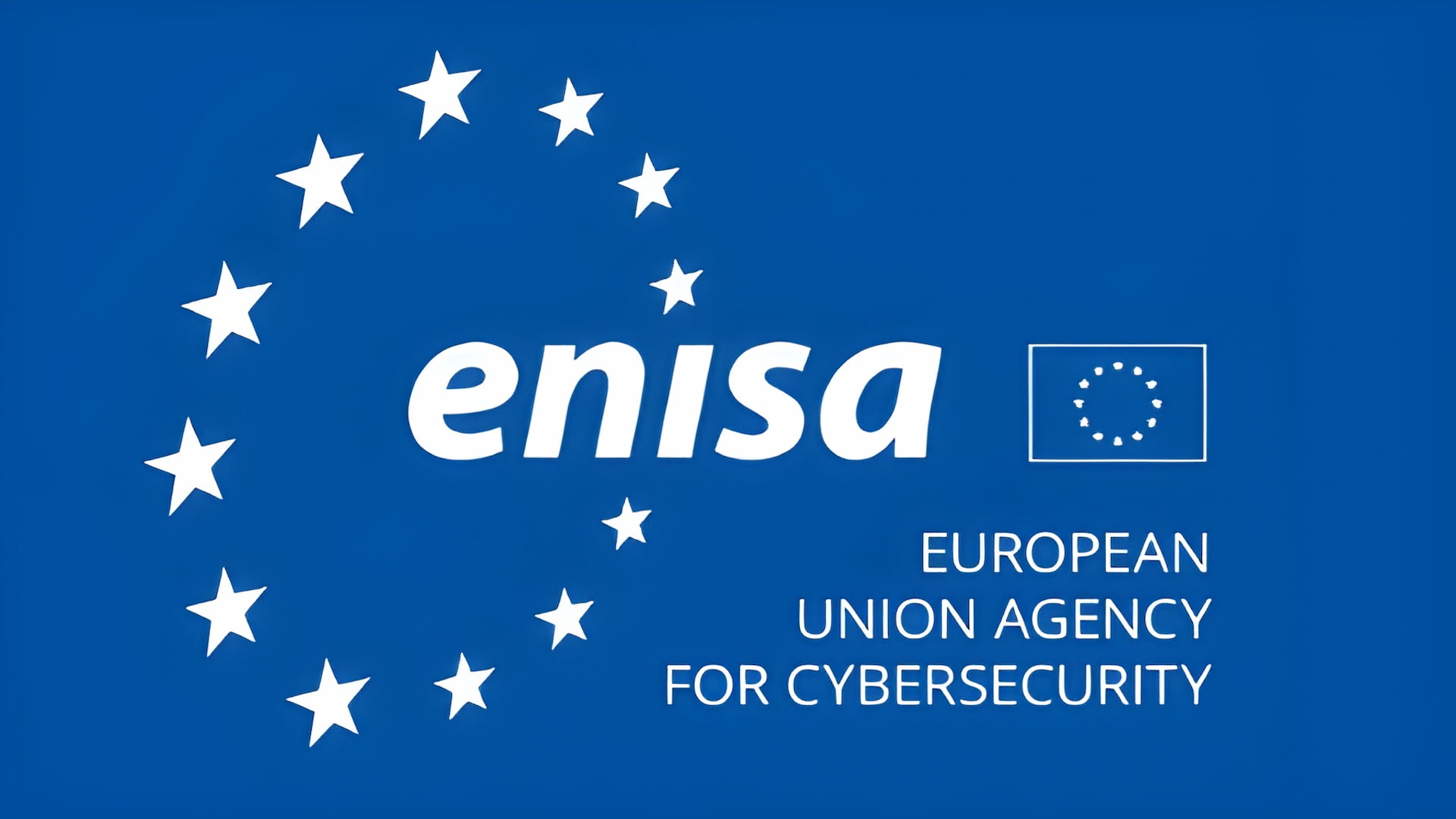A major UK research project will examine how restricting social media use affects children’s mental health, sleep, and social lives, as governments debate tougher rules for under-16s.
The trial involves around 4,000 pupils from 30 secondary schools in Bradford and represents one of the first large-scale experimental studies of its kind.
Participants aged 12 to 15 will either have their social media use monitored or restricted through a research app limiting access to major platforms to one hour per day and imposing a night-time curfew.
Messaging services such as WhatsApp will remain available instead of being restricted, reflecting their role in family communication.
Researchers from the University of Cambridge and the Bradford Centre for Health Data Science will assess changes in anxiety, depression, sleep patterns, bullying, and time spent with friends and family.
Entire year groups within each school will experience the same conditions to capture social effects across peer networks rather than isolated individuals.
The findings, expected in summer 2027, arrive as UK lawmakers consider proposals for a nationwide ban on social media use by under-16s.
Although independent from government policy debates, the study aims to provide evidence to inform decisions in the UK and other countries weighing similar restrictions.
Would you like to learn more about AI, tech and digital diplomacy? If so, ask our Diplo chatbot!









